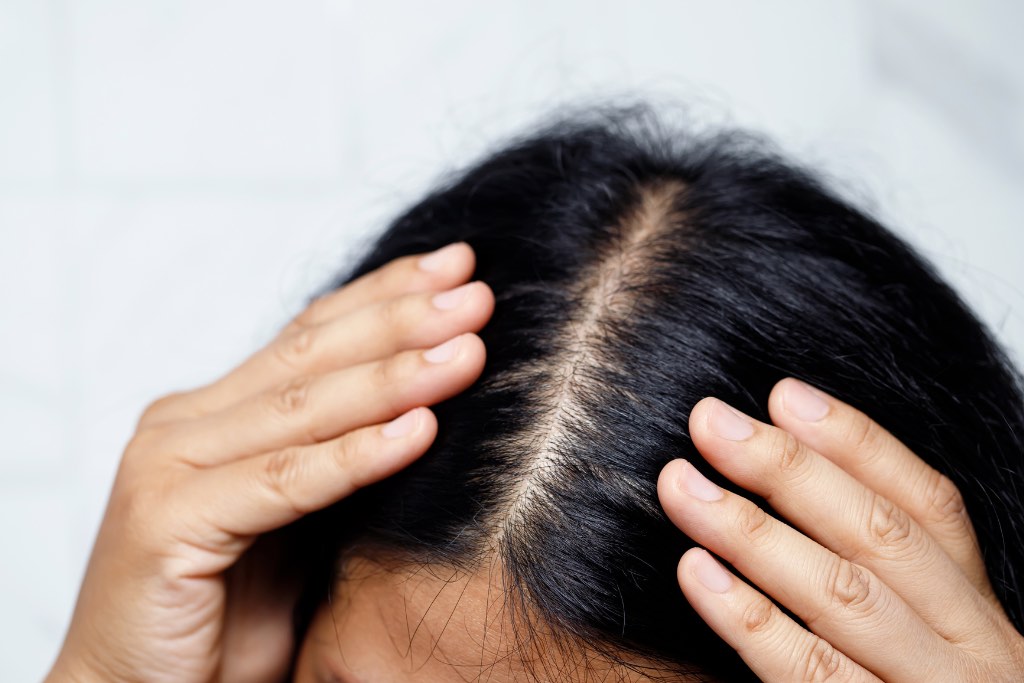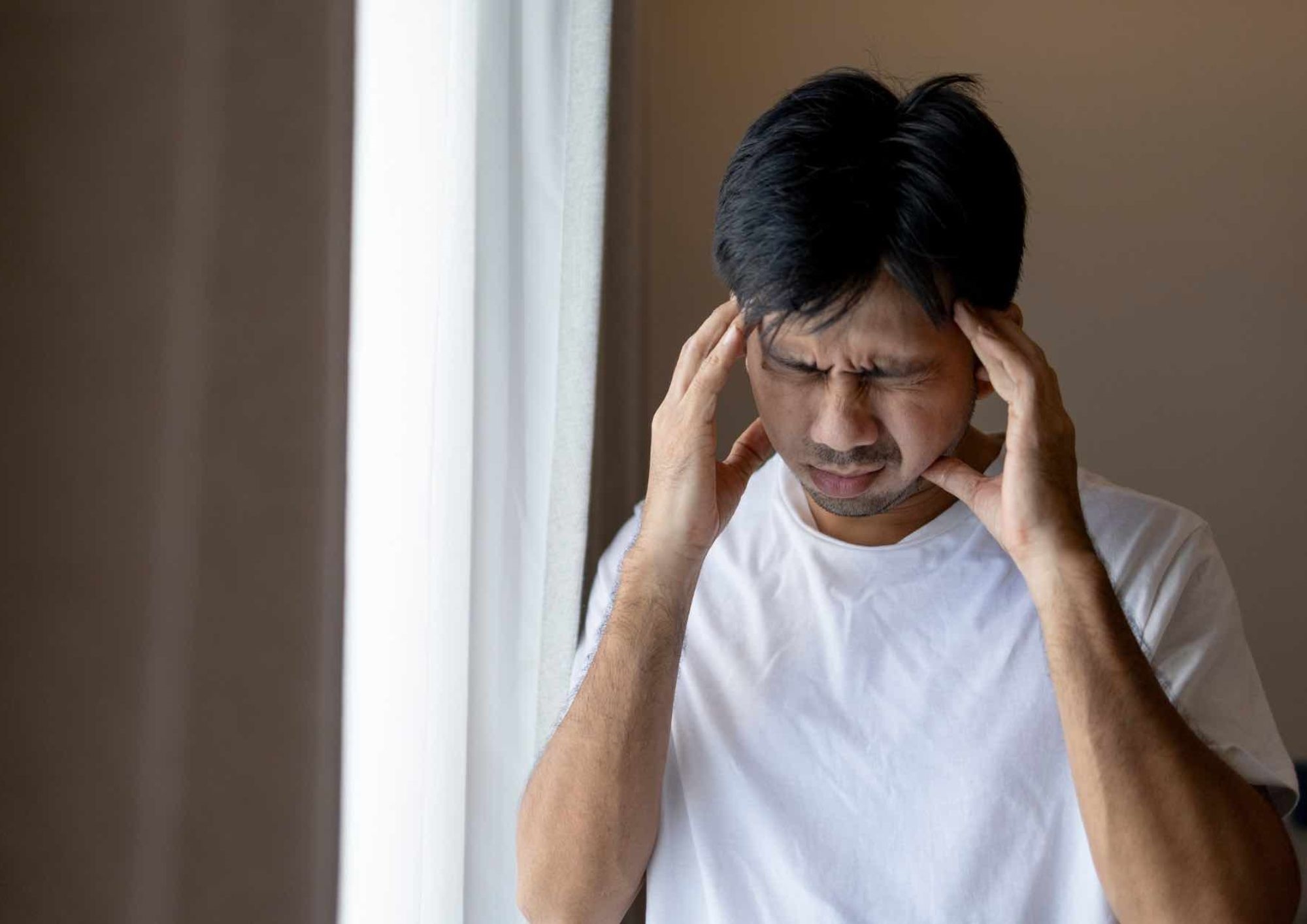Top Doc, Chun Tang Urges Sunseekers to be Aware of Scalp Cancer Red Flags!

Our Medical Director, Dr Tang featured in the press with his expert advice, urging Brits to be wary of the health red flags that could point towards an often overlooked form of skin cancer – cancer of the scalp.
With summer now in full swing, and Brits’ favoured holiday destination, Europe, experiencing an extreme heat wave, Dr Chun Tang Medical Director at Pall Mall, is raising awareness about the commonly neglected symptoms of scalp cancer.
This less frequently highlighted type of skin cancer, scalp cancer is a serious condition that can have severe consequences if not detected and treated in its early stages.
From itchy heads to sores that won’t heal, many of the symptoms often mimic everyday occurrences such as dandruff and psoriasis.
But occasionally they could be warning signs of something more sinister.
“Scalp cancer, also known as cutaneous scalp malignancy, refers to cancerous growths that occur on the head,” said Dr Tang.
“It can be more challenging to detect early, as the scalp is commonly covered by hair, making it harder to spot changes in the skin,” he explained.
“The scalp is an area often exposed to intense sunlight, especially during beach holidays,” said Dr Tang.
“This makes it vulnerable to harmful ultraviolet (UV) radiation and as a result, people may unknowingly develop scalp cancer, as the symptoms can mimic regular day to day occurrences, such as an irritated scalp.”
Dr Tang says signs and symptoms of scalp cancer can vary depending on the type of cancer present, but here are some common indicators we should be looking out for:
Persistent sore or non-healing sore: A sore on the scalp that doesn't heal or keeps coming back could be a sign of scalp cancer.
Lump or bump: The development of a new lump, bump, or swelling on the scalp that persists and grows over time should be evaluated by a healthcare professional.
Irregular patch of skin: An area of the scalp that appears scaly, rough, or crusty, with changes in colour or texture.
Ulceration or open wound: An open sore, ulcer, or wound that doesn't heal within a few weeks may be a cause for concern.
Bleeding: Unexplained bleeding from the scalp or an ulcerated area should be evaluated promptly.
Changes in hair growth pattern: Noticeable changes in the growth pattern of hair on the scalp, such as thinning or loss of hair in a localised area, should be investigated further.
Itching or tenderness: Persistent itching or tenderness on a particular area of the scalp that doesn't resolve with regular care could indicate scalp cancer.
Enlarged lymph nodes: If you notice swollen lymph nodes on the neck or around the scalp area, it could be a sign that the cancer has spread.
“Please remember, it’s important to note that these symptoms can also be caused by other scalp conditions,” added Dr Tang.
“But if you have any concerns about your scalp health or notice any unusual changes, always consult a healthcare professional such as your GP or a consultant dermatologist.”
A few simple precautions can reduce their risk of developing scalp cancer significantly, Dr Tang added.
“Wear a wide-brimmed hat or use a headscarf to shield the scalp from direct sunlight,” he said.
“Additionally, apply a sunscreen with a high sun protection factor (SPF) to exposed areas of the scalp – SPF sprays are a great idea for this.
“When spending extended periods outside, seek shade whenever possible to limit exposure to intense UV radiation.
“Routinely examine the scalp for any changes or abnormalities and consult an expert if any concerning symptoms are identified.”




